Over the next two weeks, government, industry, non-profit, and activism leaders will meet in the United Arab Emirates for the world’s foremost annual international climate conference, the Conference of Parties (COP). COP28 is the 28th conference of the United Nations Framework Convention of Climate Change (UNFCCC), where the world assesses its progress on combating climate change and sets priorities for the upcoming year.
Joining the conversation from December 8th-11th is our very own COP28 delegation:
Aidan Reilly, Head of Partnerships - aidan.reilly@farmlinkproject.org
Julia DeSantis, Head of Sustainability & Development Coordinator- julia.desantis@farmlinkproject.org
Owen Dubeck, Creative Director- owen.dubeck@farmlinkproject.org
On the ground at COP28:
We are at COP28 to share our story and highlight the critical role of food loss and waste (FLW) reduction in addressing waste, greenhouse gas emissions, and hunger. Joining NOW Partners—a coalition of companies and financial institutions committed to sustainability—we are proud to advocate for a more equitable and sustainable food system and represent food recovery as a mitigation solution.
Find us at the Future Economy Forum Pavilion on December 11th where we will present our award-winning documentary, Abundance.
.png)
Learn more
As a food recovery organization, Farmlink is uniquely positioned to equitably provide nutritious food at zero cost while preventing harmful methane emissions, creating value across multiple SDGs.

What’s going on with methane at COP 28?:
Methane—the principal greenhouse gas created by FLW—is 81x more powerful than CO2 over a 20 year time period. Cutting methane emissions is a key agenda item at COP28 and has been highlighted by the EDF as the single fastest method to reduce climate change. COP28 is a “stocktake” of the progress made on the Global Methane Pledge, a commitment made by over 150 countries to reduce global methane emissions by at least 30 percent by 2030.
COP28 represents a crucial opportunity to increase the global focus on methane and its role in food system transformation. While methane accounts for a third of human-caused global warming, only 2% of climate funding focuses on methane solution and only 21 countries have included plans to reduce FLW in their climate plans.
At COP28, Farmlink will emphasize FLW reduction as an immediately practical, yet grossly underdeveloped solution for cutting methane emissions and taking action to cool the planet. We’re hopeful as we join our partners in creating global awareness of the manifold benefits of food recovery.
Our desired outcomes for COP28:
- Establish that Farmlink is a pragmatic, fundable, scalable and critical solution that feeds people and fights climate change.
- The US includes FLW solutions into its national climate plans.
- Increased climate financing allocated to transforming food systems at scale, reducing food insecurity, food waste, and associated methane emissions.
- Investments to link disconnected food banks and hunger fighting networks as reliable pathways to prevent food waste emissions and address gaps in food access networks.
Check back for updates, and find us in Dubai from December 8th-11th!
< Back
Over the next two weeks, government, industry, non-profit, and activism leaders will meet in the United Arab Emirates for the world’s foremost annual international climate conference, the Conference of Parties (COP). COP28 is the 28th conference of the United Nations Framework Convention of Climate Change (UNFCCC), where the world assesses its progress on combating climate change and sets priorities for the upcoming year.
Joining the conversation from December 8th-11th is our very own COP28 delegation:
Aidan Reilly, Head of Partnerships - aidan.reilly@farmlinkproject.org
Julia DeSantis, Head of Sustainability & Development Coordinator- julia.desantis@farmlinkproject.org
Owen Dubeck, Creative Director- owen.dubeck@farmlinkproject.org
On the ground at COP28:
We are at COP28 to share our story and highlight the critical role of food loss and waste (FLW) reduction in addressing waste, greenhouse gas emissions, and hunger. Joining NOW Partners—a coalition of companies and financial institutions committed to sustainability—we are proud to advocate for a more equitable and sustainable food system and represent food recovery as a mitigation solution.
Find us at the Future Economy Forum Pavilion on December 11th where we will present our award-winning documentary, Abundance.
.png)
Learn more
As a food recovery organization, Farmlink is uniquely positioned to equitably provide nutritious food at zero cost while preventing harmful methane emissions, creating value across multiple SDGs.

What’s going on with methane at COP 28?:
Methane—the principal greenhouse gas created by FLW—is 81x more powerful than CO2 over a 20 year time period. Cutting methane emissions is a key agenda item at COP28 and has been highlighted by the EDF as the single fastest method to reduce climate change. COP28 is a “stocktake” of the progress made on the Global Methane Pledge, a commitment made by over 150 countries to reduce global methane emissions by at least 30 percent by 2030.
COP28 represents a crucial opportunity to increase the global focus on methane and its role in food system transformation. While methane accounts for a third of human-caused global warming, only 2% of climate funding focuses on methane solution and only 21 countries have included plans to reduce FLW in their climate plans.
At COP28, Farmlink will emphasize FLW reduction as an immediately practical, yet grossly underdeveloped solution for cutting methane emissions and taking action to cool the planet. We’re hopeful as we join our partners in creating global awareness of the manifold benefits of food recovery.
Our desired outcomes for COP28:
- Establish that Farmlink is a pragmatic, fundable, scalable and critical solution that feeds people and fights climate change.
- The US includes FLW solutions into its national climate plans.
- Increased climate financing allocated to transforming food systems at scale, reducing food insecurity, food waste, and associated methane emissions.
- Investments to link disconnected food banks and hunger fighting networks as reliable pathways to prevent food waste emissions and address gaps in food access networks.
Check back for updates, and find us in Dubai from December 8th-11th!
Why we’re at COP28.
Over the next two weeks, government, industry, non-profit, and activism leaders will meet in the United Arab Emirates for the world’s foremost annual international climate conference, the Conference of Parties (COP). COP28 is the 28th conference of the United Nations Framework Convention of Climate Change (UNFCCC), where the world assesses its progress on combating climate change and sets priorities for the upcoming year.
Joining the conversation from December 8th-11th is our very own COP28 delegation:
Aidan Reilly, Head of Partnerships - aidan.reilly@farmlinkproject.org
Julia DeSantis, Head of Sustainability & Development Coordinator- julia.desantis@farmlinkproject.org
Owen Dubeck, Creative Director- owen.dubeck@farmlinkproject.org
On the ground at COP28:
We are at COP28 to share our story and highlight the critical role of food loss and waste (FLW) reduction in addressing waste, greenhouse gas emissions, and hunger. Joining NOW Partners—a coalition of companies and financial institutions committed to sustainability—we are proud to advocate for a more equitable and sustainable food system and represent food recovery as a mitigation solution.
Find us at the Future Economy Forum Pavilion on December 11th where we will present our award-winning documentary, Abundance.
.png)
Learn more
As a food recovery organization, Farmlink is uniquely positioned to equitably provide nutritious food at zero cost while preventing harmful methane emissions, creating value across multiple SDGs.

What’s going on with methane at COP 28?:
Methane—the principal greenhouse gas created by FLW—is 81x more powerful than CO2 over a 20 year time period. Cutting methane emissions is a key agenda item at COP28 and has been highlighted by the EDF as the single fastest method to reduce climate change. COP28 is a “stocktake” of the progress made on the Global Methane Pledge, a commitment made by over 150 countries to reduce global methane emissions by at least 30 percent by 2030.
COP28 represents a crucial opportunity to increase the global focus on methane and its role in food system transformation. While methane accounts for a third of human-caused global warming, only 2% of climate funding focuses on methane solution and only 21 countries have included plans to reduce FLW in their climate plans.
At COP28, Farmlink will emphasize FLW reduction as an immediately practical, yet grossly underdeveloped solution for cutting methane emissions and taking action to cool the planet. We’re hopeful as we join our partners in creating global awareness of the manifold benefits of food recovery.
Our desired outcomes for COP28:
- Establish that Farmlink is a pragmatic, fundable, scalable and critical solution that feeds people and fights climate change.
- The US includes FLW solutions into its national climate plans.
- Increased climate financing allocated to transforming food systems at scale, reducing food insecurity, food waste, and associated methane emissions.
- Investments to link disconnected food banks and hunger fighting networks as reliable pathways to prevent food waste emissions and address gaps in food access networks.
Check back for updates, and find us in Dubai from December 8th-11th!
.png)
.png)
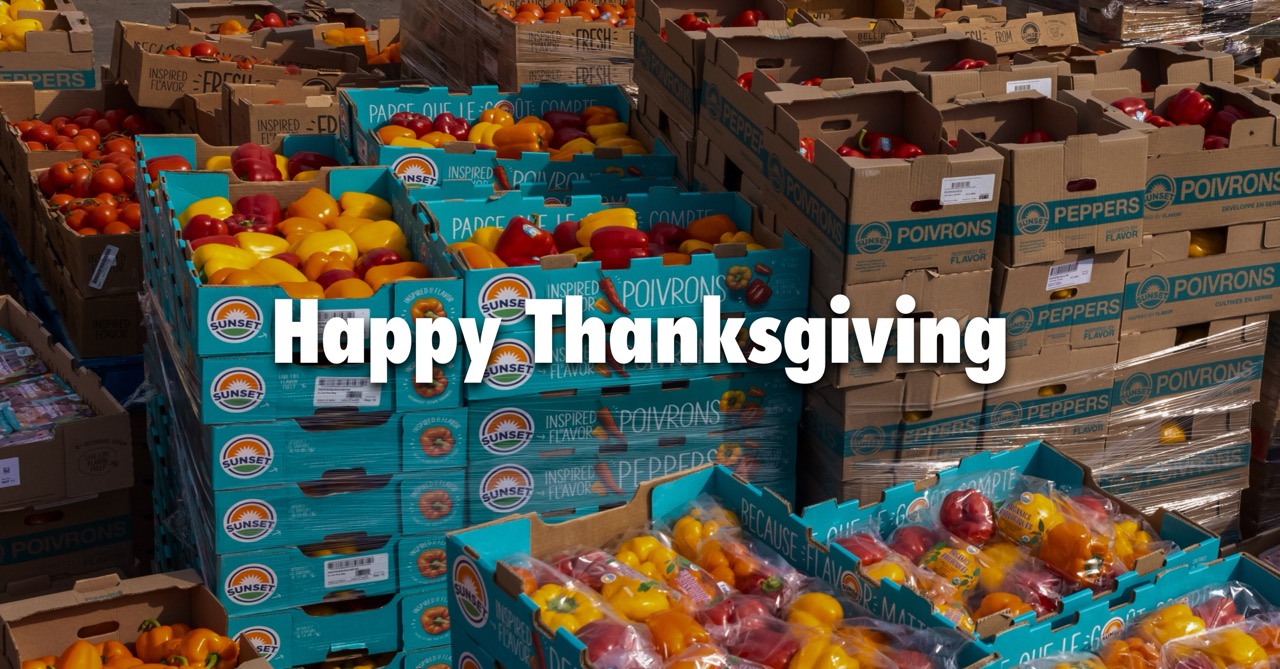
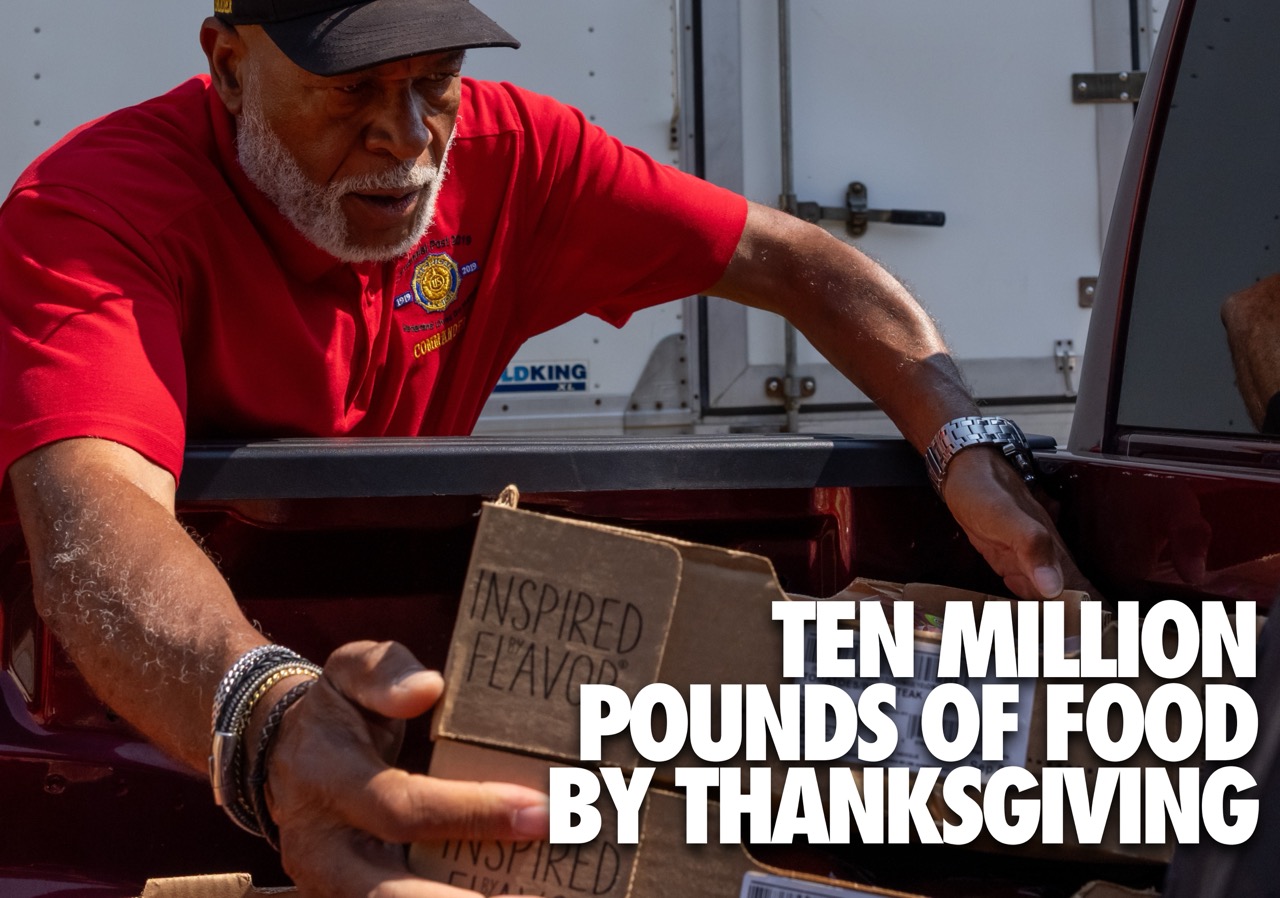
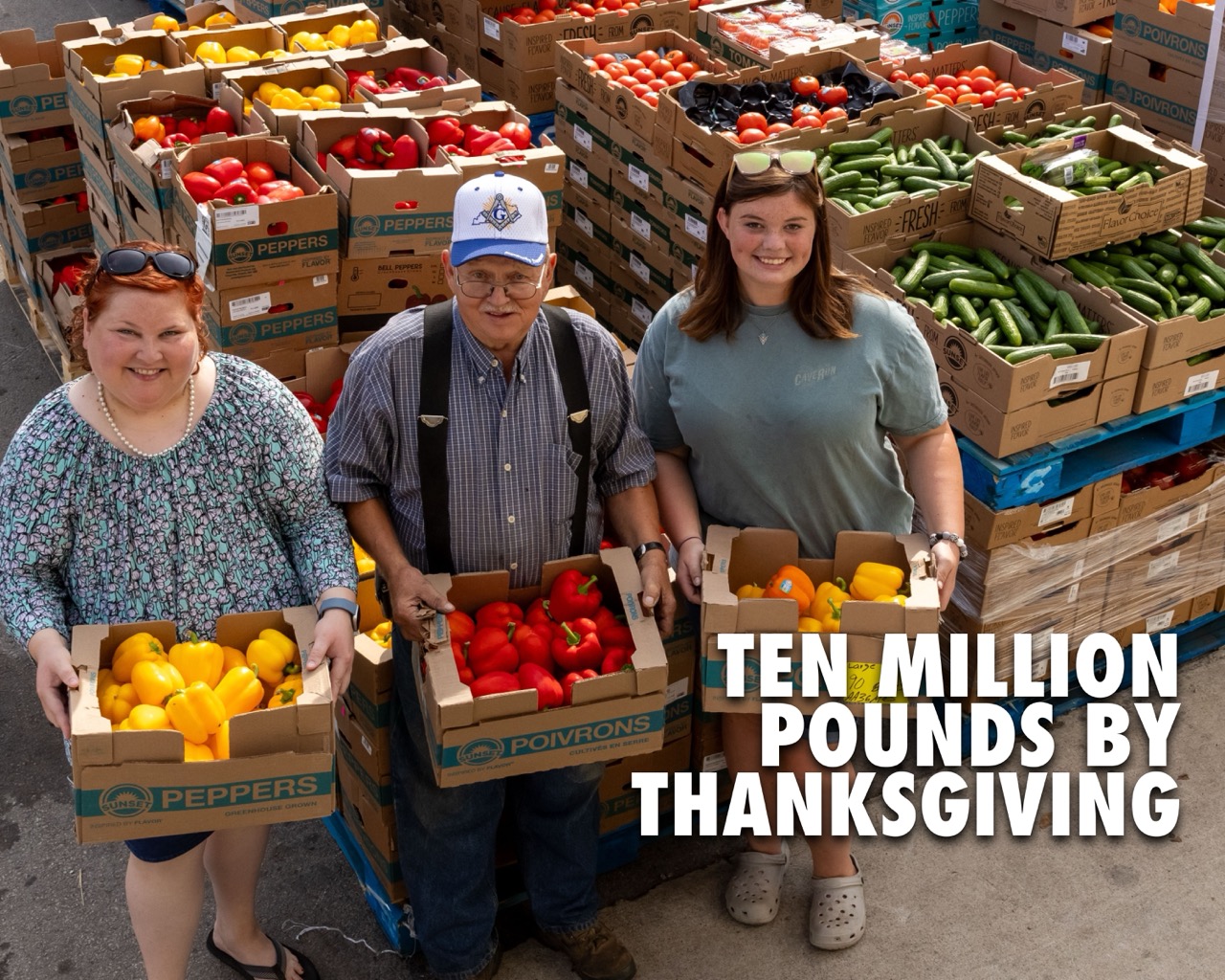
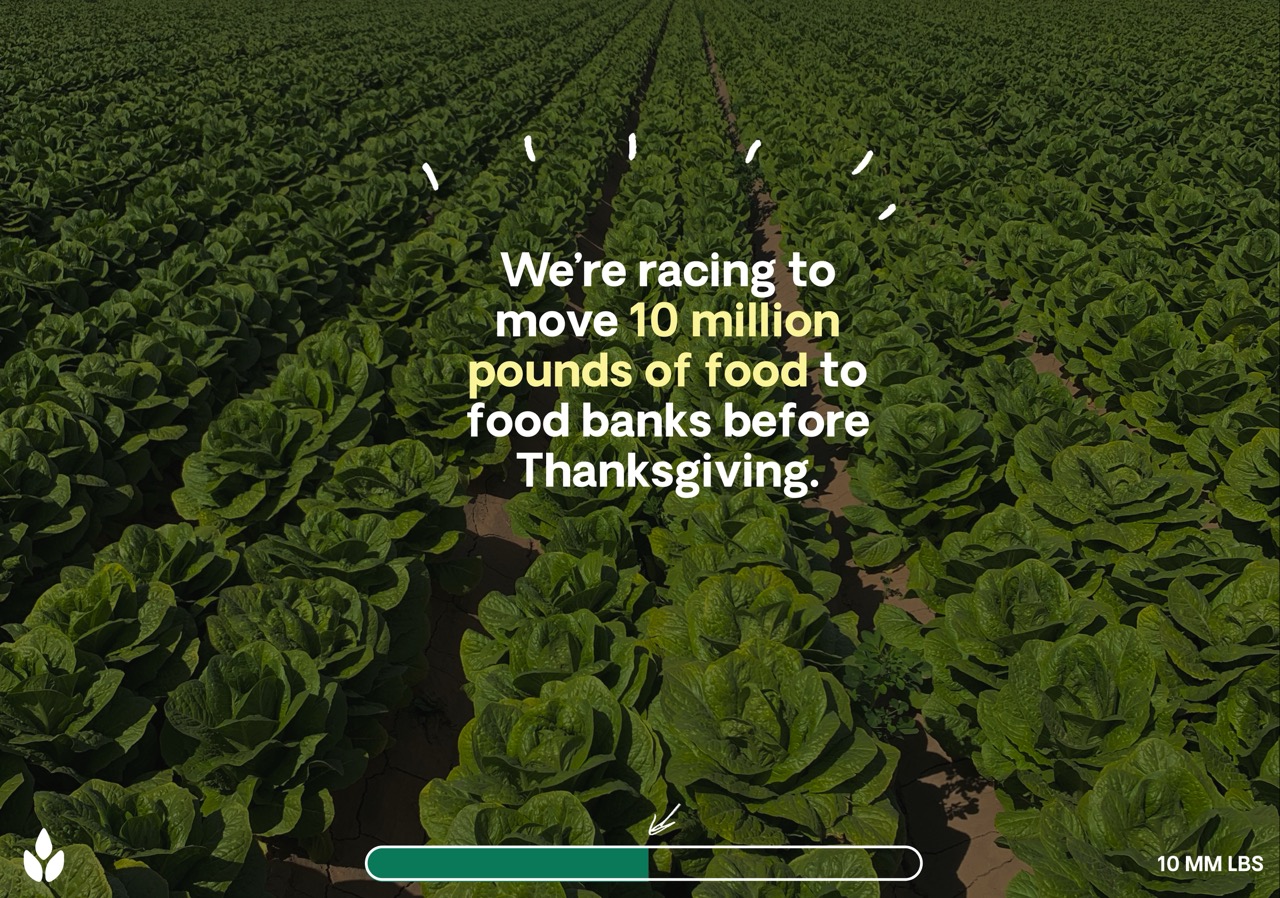
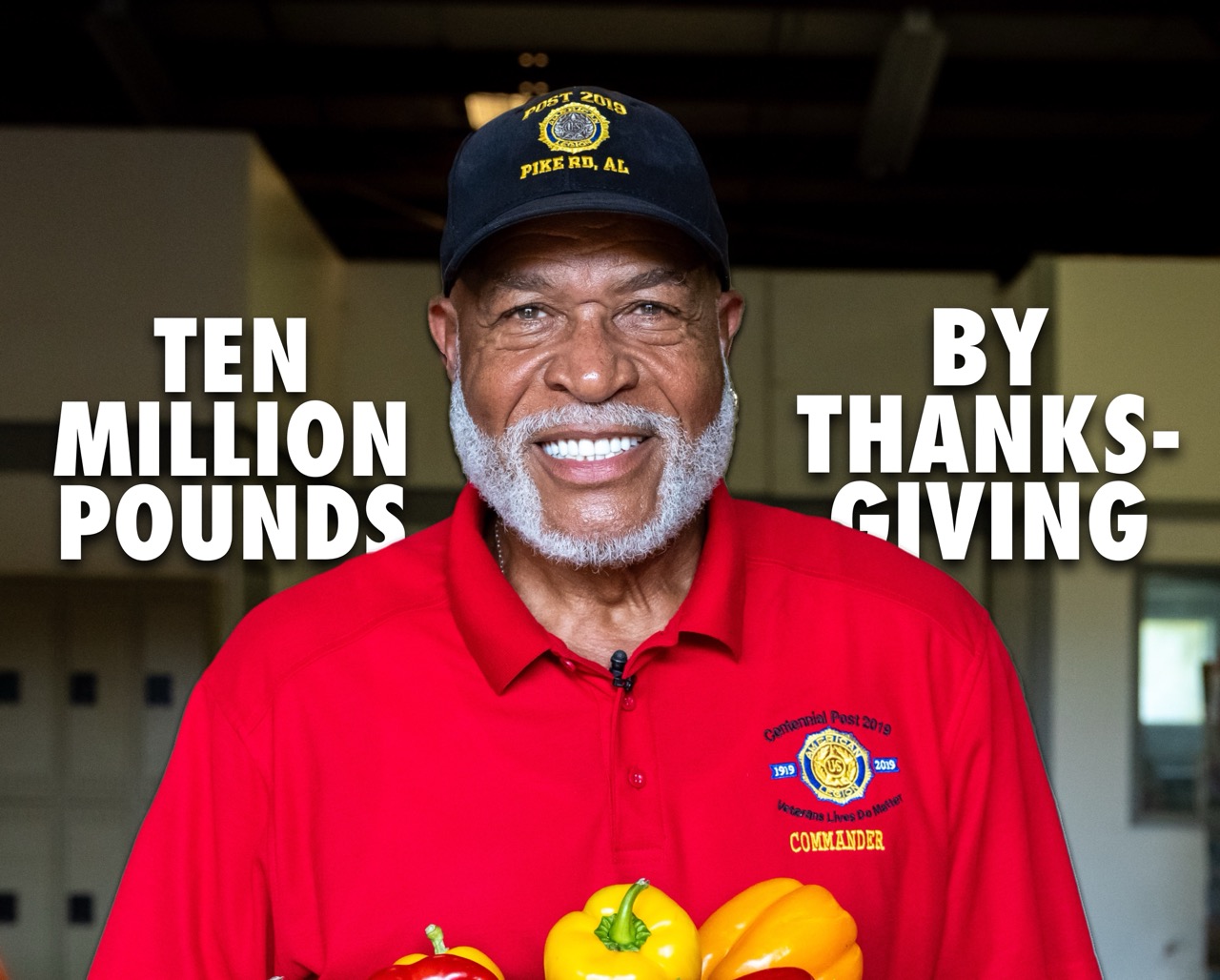
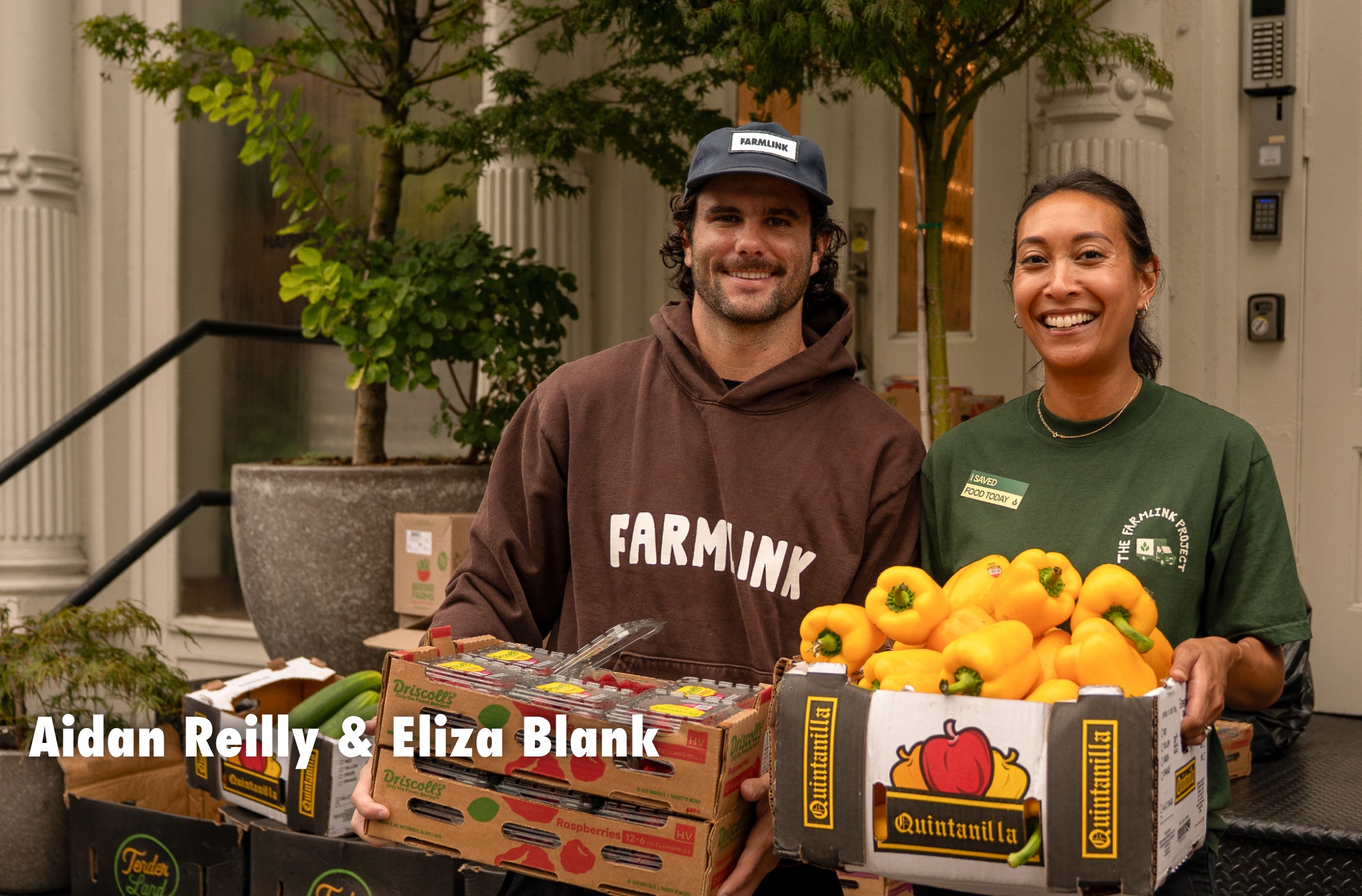
.svg)
.svg)
.svg)